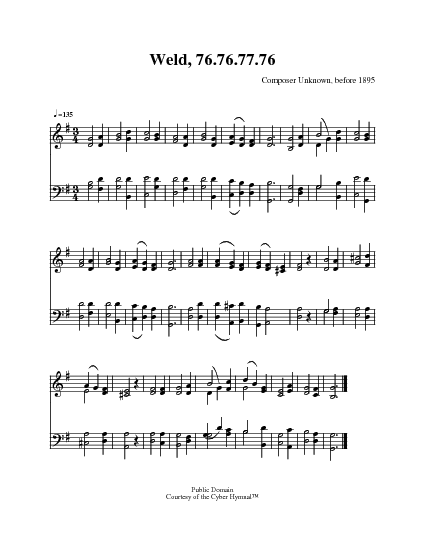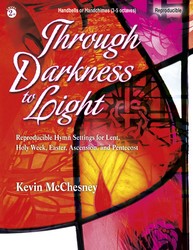Meet and right it is to sing, At every time and place. C.Wesley. [Watchnight. Choral Festivals.] Published in Hymns and Sacred Poems, 1749, vol. ii., No. 97, in 4 stanzas of 8 lines. It is No. 14 of 19 "Hymns for the Watchnight"; and together with others from the same Watchnight hymns was frequently reprinted in a separate form (Poetical Works, 1868-72, vol. v. p. 279). It was included, with slight alterations, in the Wesleyan Hymn Book, 1780, No. 212, and has been repeated in several collections in Great Britain and America. Although originally written as a Watchnight hymn it can be easily adapted for Choral Festivals, and as such it would be a hymn of great merit.
--John Julian, Dictionary of Hymnology (1907)
Meet and right it is to sing; Glory to our God and King. C. Wesley. [Holy Communion.] This paraphrase of the words of "The Order for the Administration of the Lord's Supper," &c, in the Book of Common Prayer, " It is very meet, right, and our bounden duty," &c. was published in Hymns and Sacred Poems, 1740, in 7 stanzas of 4 lines (Poetical Works, 1868-72, vol. i. p. 286). In 1753 G. Whitefield gave stanzas i.-iii. and vi. in an altered form in his Collection of Hymns, as No. 61. This form was repeated by M. Madan in his Psalms & Hymns, 1760, and again by several others, including Bickersteth, in his Christian Psalmody, 1833, (in 3 stanzas), and thus came into use in the Church of England.
--John Julian, Dictionary of Hymnology (1907)
Hymnary Pro Subscribers
Access
an additional article
on the Canterbury Dictionary of Hymnology:
Hymnary Pro subscribers have full access to the Canterbury Dictionary of Hymnology.
Get Hymnary Pro


 My Starred Hymns
My Starred Hymns








